As a disabled performer, the ongoing COVID pandemic and the industry’s removal of precautions and lack of care has impacted me significantly. I recently spoke with Claudia Alick and Jon Jon Johnson, two theatremakers in similar positions, to learn how they’re navigating the moment.
Ezra Tozian: So much has changed in our lives and industry since COVID entered the scene. With most people doing everything they can to pretend it’s 2019, what changes have you made in the past four years to continue interacting with theatre?
Claudia Alick: I was already negotiating the inability to be physically present in a theatre and trying to find ways to get access as an audience member and a producer. Then 2020 hit, and it was like a miracle. I was inside theatres all over the country. Everybody agreed that their needs were bound up in mine. Then 2021 hit, and everybody was like, "We're done now. We're going to go back to what we were doing. You're going to be fine, girl." Now, my relationships with theatre institutions in physically shared spaces are rare. I have to be a producer so that I can control the level of COVID safety precautions. My theatre practice has become deeply digital because physically shared space is dangerous now.
Jon Jon Johnson: I've had to shift what my expectations are. Going into rooms, I think, "What am I risking?," which is a question that was always in the back of my mind while sharing space. “What psychic damage am I going to take today from being a Black, Indigenous, person of color (BIPOC) in a predominantly white industry?” This just feels like an extension of the age-old conversations that BIPOC and gender-diverse people have had in theatre from day one. The cognitive dissonance we encounter of people who were, just a year ago, saying, "COVID is bad!" now saying, "Whatever, I got an audition. My career is more important than my health.”
Ezra: That’s the biggest shift I’ve had to acclimate to—the loss of my theatrical community. Almost everyone I knew stopped caring. I was very active before and consistently fought for others, but when I needed them to fight for me, they all left. Now, I’m getting used to working in survival mode: “What basic necessities do I need and what am I ready to have conflict over?” I can’t simply focus on my audition or performance; I have to also focus on what everyone else is doing because there are no protections in the space.
Claudia: I am so infuriated by the theatre professionals who decided to not build the future, to turn their back on the hard and necessary work of building the thing we need right now. We were in the middle of building a bridge in 2021, and they decided, “I don't want to build this bridge anymore. How about I dismantle it?”
I’m also frustrated that the digital spaces for collaborative cultural producing and exchange are being defunded and dismantled. It was a very exciting time in 2020, 2021, where I was asking “What is the theatre we can make from a distance?” To me, that's how you make national theatre. How do you make theatre where we're all coming from different places in this country? It was so exciting when we had the platforms to do it, and it has been frustrating to build sandcastles and see them get washed away by an ocean of denial.
Ezra: I’m often speechless at how much gaslighting we have to put up with. There’s this continuous denial of all the data that’s out there.
Jon Jon: I have conversations about what's legal to do since the federal mandate went away. Where I work, we cannot require masking because it’s potentially exclusionary to people who are anti-vaxxers on religious grounds, which is legally discrimination. So, what is the world in which we can build individual, consent-based culture? Like, "Hey, I'm going to mask. I need you to mask before we have this meeting." What are the things that I can ask for before people start to recoil because it feels unreasonable? I've been testing the waters there, and I'm curious to see how I build on that.
What are the ways you are trying to push for change?
Let's change everything so that they’re not leaving us behind. Because if they leave us behind, there's no more theatre.
Ezra: Mainly educating and advocating. I’m reaching out to theatres like, "Hey, can you live up to your accessibility missions? Can you provide mask-required performances? Even just one.” As an artist, I need to be able to see shows. I need to be able to participate. Theatres aren’t looking at it like that. It feels like, for anyone to listen, you have to be in a leadership position. I can say this all I want as an actor, but I'm relying on the “generosity” of leadership to do the right thing.
Claudia: It is beyond disgusting that individuals are expected to advocate for individual solutions to a global pandemic. I'm a cynical, bitter, cranky person. I am not going to call your theatre and beg to get in. How dare you? I will not watch your play. Go out of business! Isn't that awful? That's where I'm at. The theatre company that offers me a mask-mandated evening, I can say yes to that. "Here's a night you can come, Claudia, and we will create conditions of not killing you so you can enjoy this play." I'm going to buy that ticket.
I am also creating the safe spaces I need to witness theatre, to participate in theatre, to make theatre. I've got digital co-working and socializing spaces we're producing in. I'm going to institutions and saying, “You have to not do this anymore. Hire me to do a training. Let's figure out how to do this.” Let's change everything so that they’re not leaving us behind. Because if they leave us behind, there's no more theatre.
Ezra: Exactly! That's what’s blown my mind recently: that theatres don't realize they’re creating their own demise. So many of us are either becoming disabled, becoming more disabled, or dying from COVID. What future are they seeing when there are so few people left to do it, in-person, the traditional way?
Jon Jon: I'm trying to meet everyone where they are. I’m such a proponent for hybrid workspaces or fully remote whenever possible and I am encountering people who say, "I need to be in the office. I don't work well at home.” What do you do when you encounter someone who says, “My needs are not your needs. My need is to be in-person, my need is to not be masked,” or “My need is to not worry about testing?”
Claudia: Performances of supremacy culture will always come with justifications and scripts for why their bad behavior is actually okay and why you should stop trying to interrupt that behavior. It's the same thing with dismantling racism. People have so many reasons why it's so difficult to hire Black people and stop being racist. People are like, "Oh my gosh, I would really love for us to not be ableist, but it will cost some money.” Generally, after two or three exchanges, you can debunk most of those boilerplate arguments.
My biggest challenge right now is deciding that I want to be in loving community with people who are actively endangering my life with nonsense lies. I have to do a lot of deep breathing and trying to be my best self and lean into the future of us doing this well together, but I get angry.
Ezra: The hopeful part of me says, “Eventually, everyone will understand. Eventually, everyone will process their trauma from quarantine and they’ll start to believe the data. It has to happen,” and it’s frustrating when it doesn’t. I'm still working on how to work through people’s uninformed opposition without saying “What you're saying is complete bullshit” because that's not going to be helpful to someone who believes that they shouldn’t have to wear a mask.

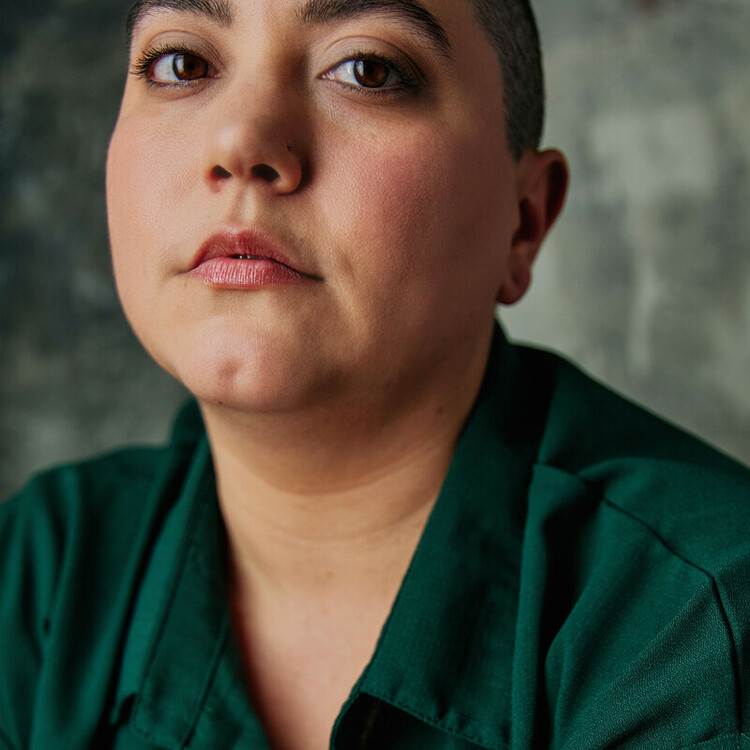
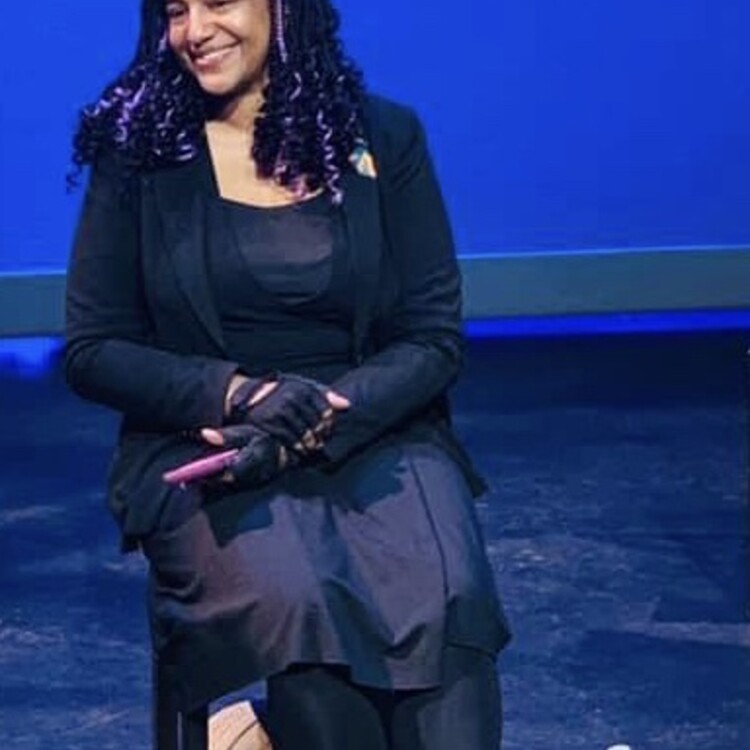
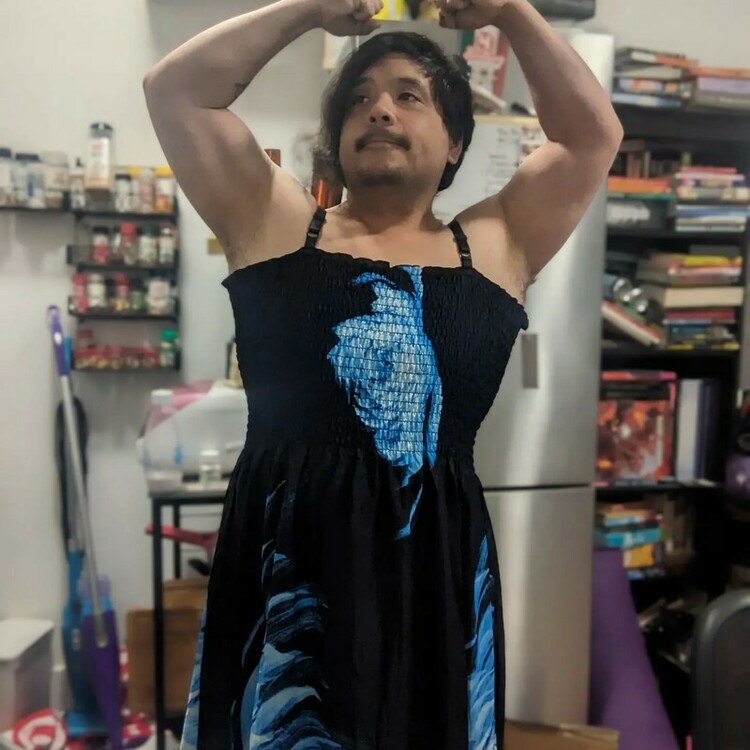
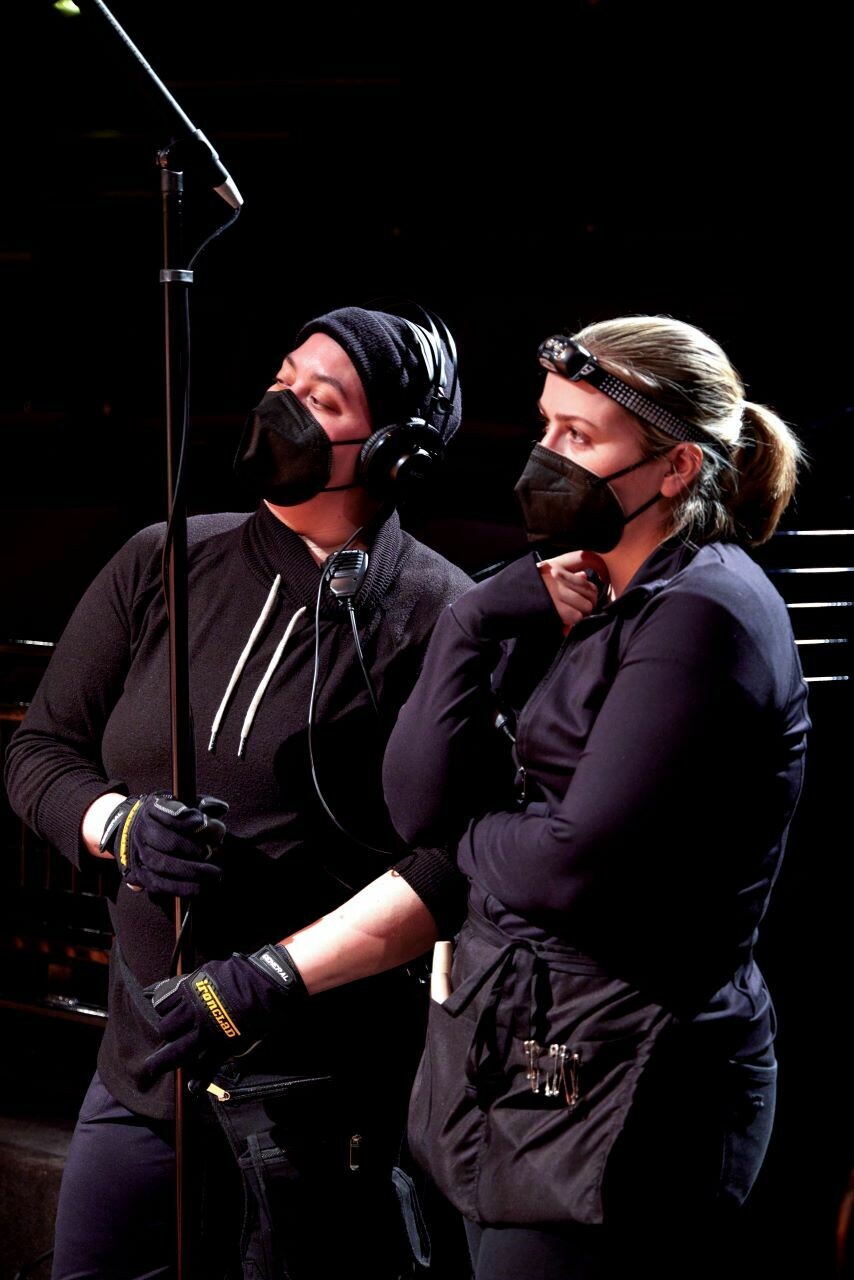
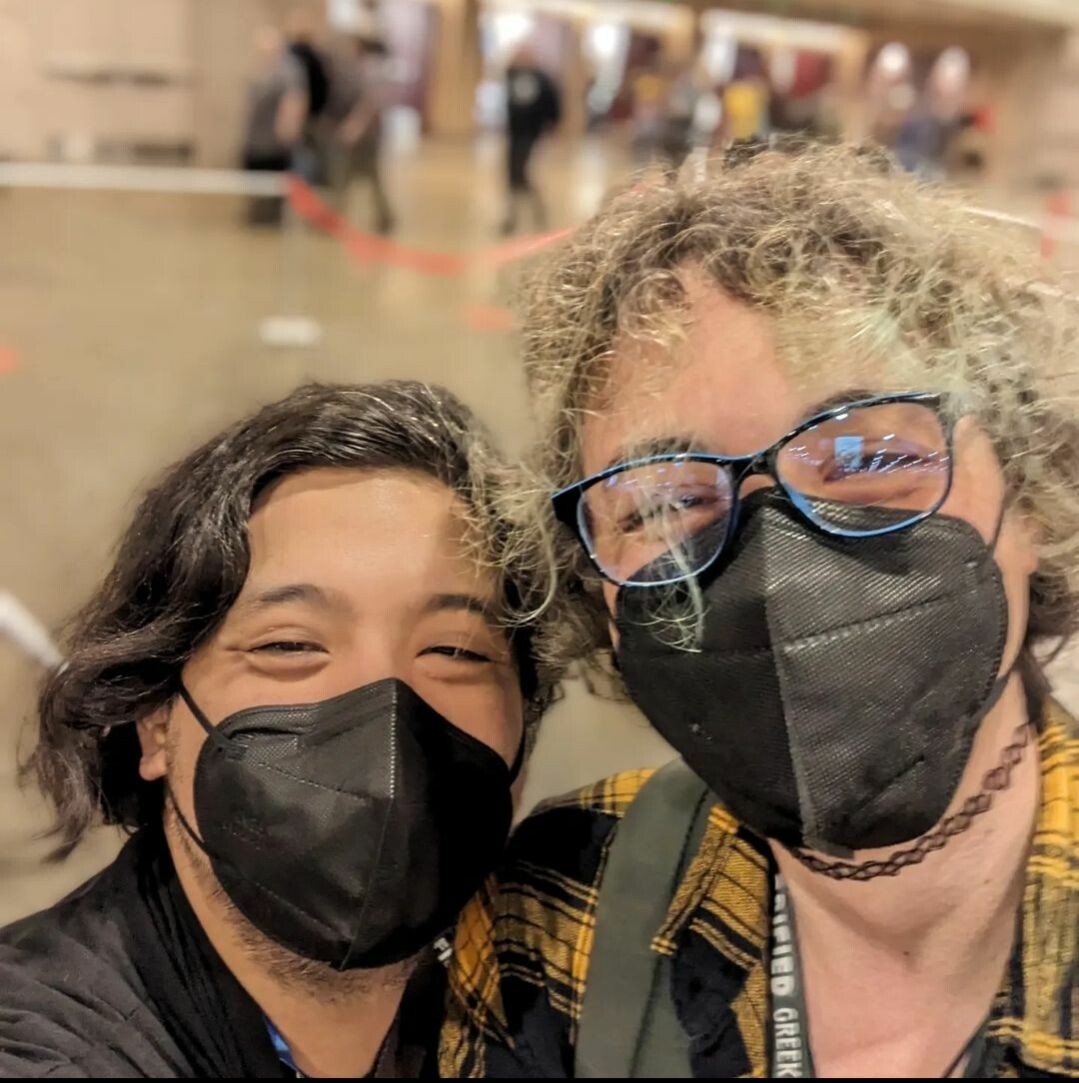
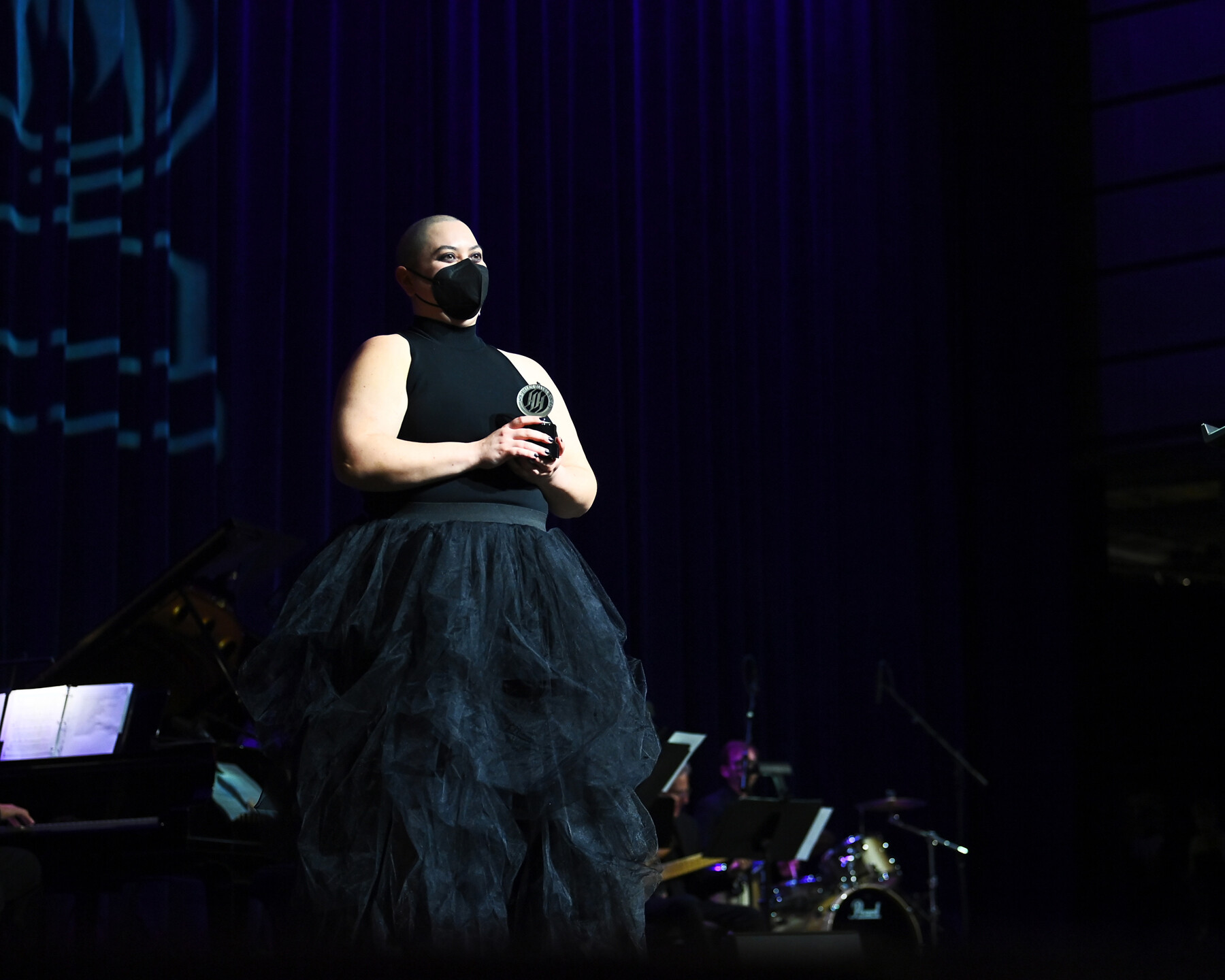
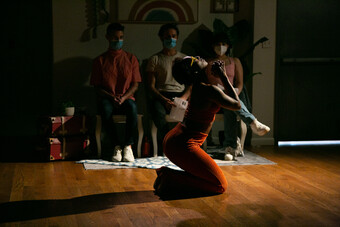

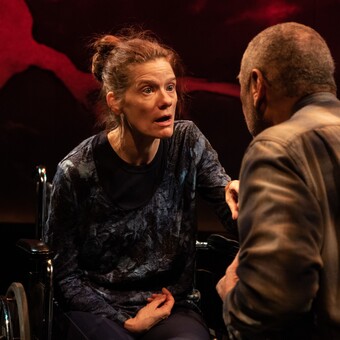



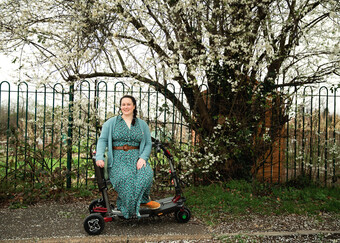

Comments
The article is just the start of the conversation—we want to know what you think about this subject, too! HowlRound is a space for knowledge-sharing, and we welcome spirited, thoughtful, and on-topic dialogue. Find our full comments policy here
Air quality will be more compromised with rising fires and pollution; investing in appropriate filtration in indoor spaces is a practical necessity that can support more audiences and artists to have safer air together. Thank you all for your tips and real talk!
It is a relief to see theatre artists speak about Covid and the need for our field to be accessible. Even though I have switched industries, partially due to inaccessibility, I am thankful for every choice you make to protect yourselves and others.
If you'd like to read the entire conversation, you can find it here: https://medium.com/@ezra.tozian/challenging-the-covid-status-quo-d98d4aa9aafe . (We're publishing it with HowlRound's permission, no worries)